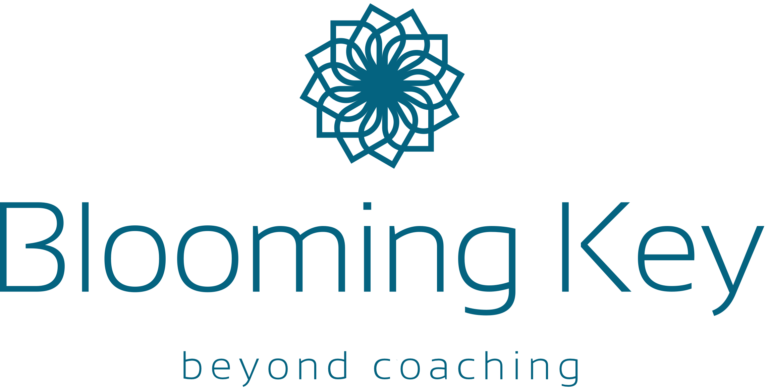A Brief Look at How Self-Labelling can be Harmful to Mental Health
To properly understand the full scope of self-labelling, we must first ask the question, what are labels?
Labels are a way of describing a person, usually using a trait that is considered most significant. For instance, you may think of one person as “the depressed person” and another as “the bad one”.
Labelling a person can seem harmless at first, but later on, it takes on a form that is more like pigeon-holing a person. In simpler words, the person can become known for that one label or trait. The harm lies in how the other traits the individual has are completely side-lined and are not taken into consideration.
For those suffering from major mental health issues, there is a tendency to see the world from a negative point of view. This is where self-labelling comes in. Self-labels can be created by the beliefs you hold about yourself and your value.
It is important to understand where these statements are coming from and to take a stand against having a negative view of yourself. More often than not, these labels prove to be untrue and if they are not stopped, they cause emotional pain and suffering, affecting not just the way you see yourself, but also the way you live your life in the long run.
Allowing negative self-labels to persist, builds an environment in which you are denied opportunities for success, growth, and happiness.
How Do We Deal with Negative Self-Labels?
Now that you have seen how problematic self-labels can be, how do you go about fixing the damage? An active way of combating the issue is signing up for therapy or you can address the problem on your own. The first step forward is to be aware when negative thoughts pop up, challenge their truthfulness, and whether it still applies to your situation.
Replace negative labels with positive ones. If your thoughts say that you are “a lazy person”, instead, think of all the things you got done for the day. Taking control of your negative thoughts enables you to see things as they are in reality.
Whether these labels are from others or they are self-created, at the end of the day, your goal should be to be kinder and fair to yourself. So remember not to let the negative labels of you stop you from achieving your dreams.






